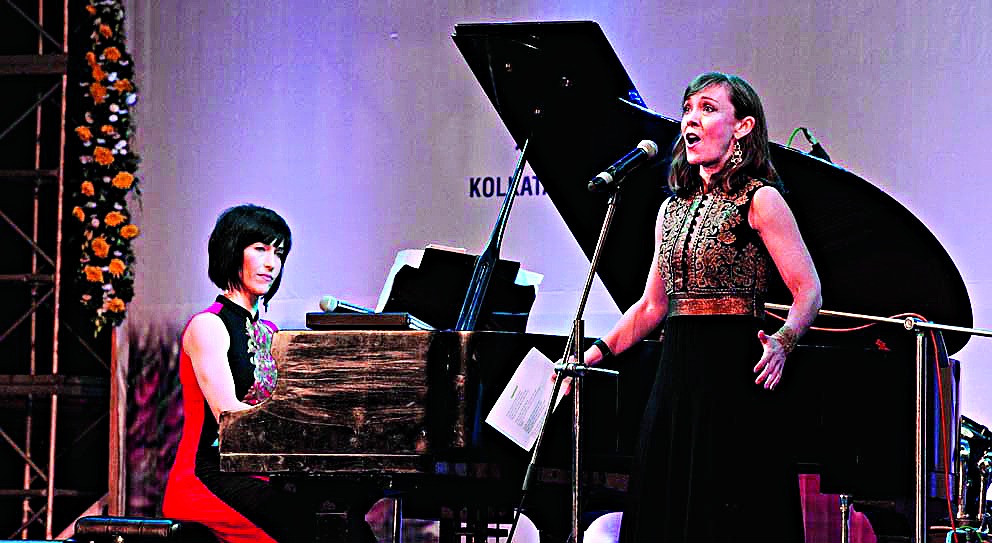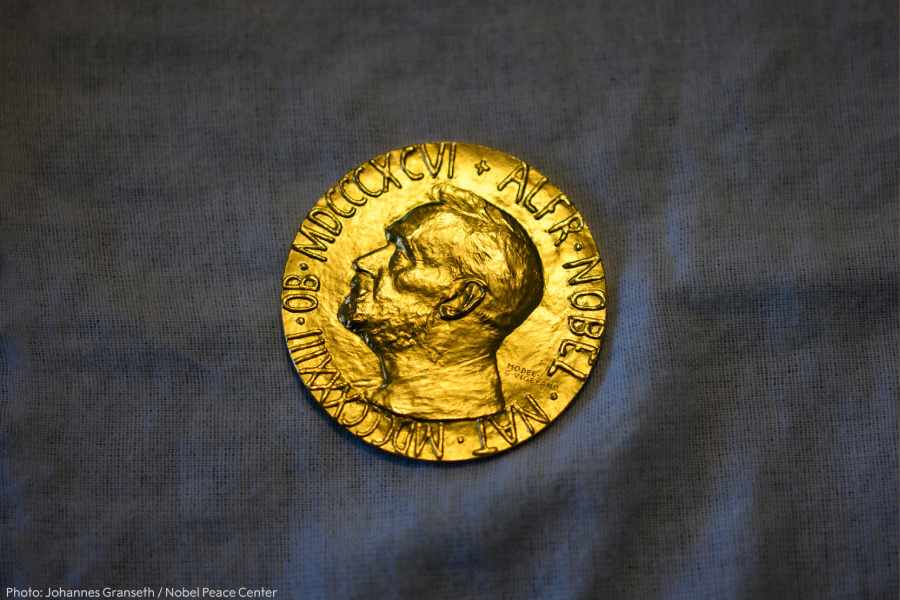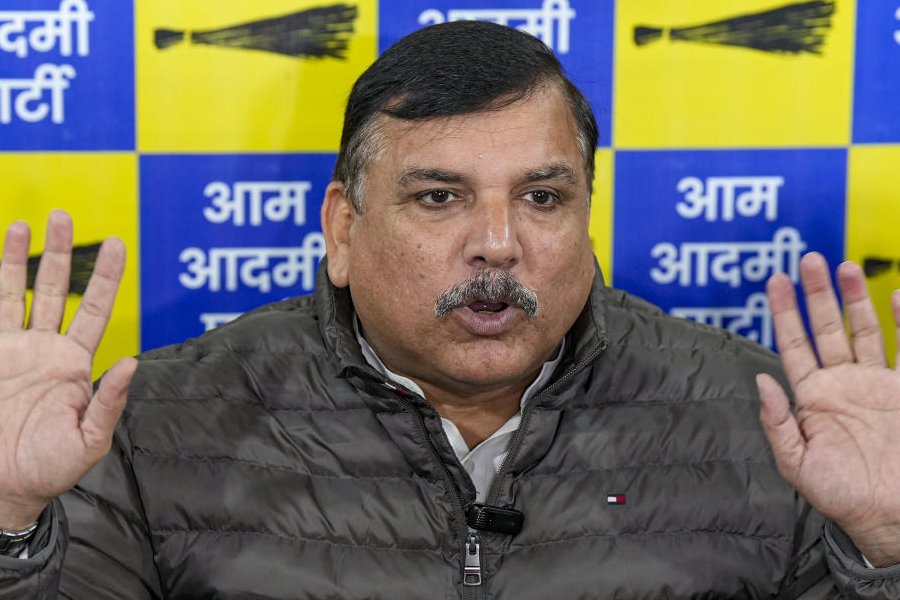
In the last concert of the series in the year 2016, the Kolkata Classics Club, in the hands of Jennifer Heemstra, presented the petite soprano with a powerful voice, Susan Williams. The latter is assistant professor of voice at the University of Alabama. She has performed in the Cleveland Orchestra's production of Mozart's Marriage of Figaro, and has been a soloist with the Akron Symphony and Cleveland Pops Orchestra.
This is Williams's second visit to Calcutta. She was the first musician to perform when the Club's concerts debuted a couple of years ago. This time, she performed at various venues, with Heemstra accompanying her on the piano. Through all the hazards of changing weather conditions and illness - one concert had to be cancelled on account of a bout of 'flu - the show went on. A memorable evening of Christmas carols at the Park Street Music Fest on December 20 was well attended. In the Hathor Health Fair series, named after the Egyptian goddess associated with women's health and music, Williams and Heemstra played and sang for sex workers and their children. The programme involved working with several NGOs and hospitals to provide medical aid and social services to sex workers. With each visiting artist, an event is held at Uttam Mancha where special services are provided for the women and children. There is also a concert where the audience is entertained by western classical music, Indian classical music and popular Bollywood songs.
There were also concerts at the South City International School on December 15, and an interactive experience for students; then there was a concert in Jamshedpur, and finally a recital at the Park Hotel. All the concerts were well-attended.
The last programme was an interesting mix of classical, romantic and modern music with some standard seasonal and Broadway hits. It commenced with Franz Schubert's Ave Maria. Williams's clear and well-modulated soprano seemed to set the tone for the evening. However, the Cinq mélodies populaires grecques (five popular Greek melodies), set to music by Maurice Ravel and sung in the French translation by Michel Calvocoressi, seemed to be an esoteric choice for a Christmas programme. The songs were Chanson de la mariée (Song of the bride), Là-bas, vers l'église (Over there, by the church), Quel galant m'est comparable (What gallant compares with me?), Chanson des cueilleuses de lentisques (Song of the Lentisk Collectors) and Tout gai! (Be gay!). In the modernity of Ravel's piano accompaniment, played by Heemstra, these songs were an interesting introduction to the usual repertoire heard here.
In stark contrast was the favourite of the season, Adolphe Adam's " O Holy Night". This has been sung by many singers, and is a must at Christmastide. Williams sang the John Sullivan Dwight version in English. Then there were Three Early Songs by the American composer, George Crumb, born in 1929 - Night, Let it be Forgotten and Wind Elegy. These were mysterious and haunting songs. Crumb's piano accompaniment has a strange, flowing beauty, almost one with the melody and, at the same time, independent of it, in the style of lieder (theatrical lieder, no less). The songs were sung in Williams's voice, dreamlike and ethereal in the interpretation, even though they had nothing to do with Christmas.
And then, suddenly, it was time for Broadway, with "A Little Bit in Love", composed by Leonard Bernstein, from the musical, A Wonderful Town. It is a gem of a song, whimsical, charming and utterly characteristic of Bernstein. The lyrics were written by Betty Comden and Adolph Green. Then there were two songs from the romantic era - Schlagende Herzen by Richard Strauss (the second of 3 Lieder, Op. 29) and Die Bekehrte by Hugo Wolf, a beautiful, plaintive lied about dreaming and fantasy. This was followed by Gesù bambino, which is definitely a Yuletide piece. It was composed by Pietro Yon, and is based on the melody and lyrics of the carol, Adeste Fidelis.
Once again, there were two delightful Broadway numbers: " Tonight", from Bernstein's West Side Story, and " If I Loved You", by Richard Rodgers from Carousel. Finally, there was the saucy Chacun le Sait, from Donizetti's La Fille du Régiment. To enthusiastic requests for an encore, Williams sang Adele's Laughing Song from Die Fledermaus by Johann Strauss - a merry little piece in a curious mosaic of musical selections, but nevertheless enjoyable.
The concerts in schools and public venues are often interactive and helpful in introducing Western music to people of all ages. Heemstra, who recently received the Secretary of State Award for Outstanding Volunteerism Abroad for 2016, has done a lot to inspire young musicians. One hopes that, with the help of the generous donors, we can look forward to a bright, rich future of musical concerts.










